- Mirjam Guesgen, University of Alberta
- Read Time: 4 mins
 Scientists are starting to be able to accurately read animal facial expressions and understand what they communicate.
Scientists are starting to be able to accurately read animal facial expressions and understand what they communicate.
 Scientists are starting to be able to accurately read animal facial expressions and understand what they communicate.
Scientists are starting to be able to accurately read animal facial expressions and understand what they communicate.
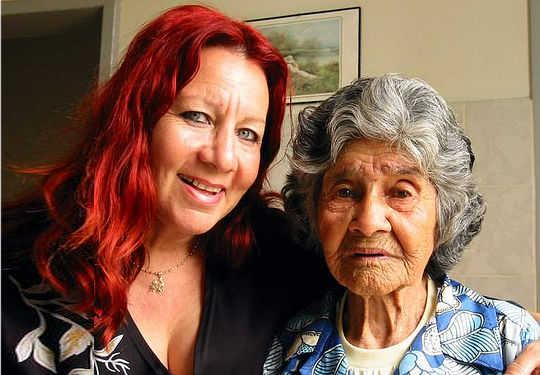 There is a lot we can do to make life better for older adults with dementia. And we ought to do what we can – not only because people with dementia are fellow members of our human community, but also because any one of us might find ourselves affected in the future.
There is a lot we can do to make life better for older adults with dementia. And we ought to do what we can – not only because people with dementia are fellow members of our human community, but also because any one of us might find ourselves affected in the future.
 Most people know that it’s important to get enough vitamin D. Among other things, it’s vital for bone and muscle health. What people may not know is that there are two types of vitamin D...
Most people know that it’s important to get enough vitamin D. Among other things, it’s vital for bone and muscle health. What people may not know is that there are two types of vitamin D...
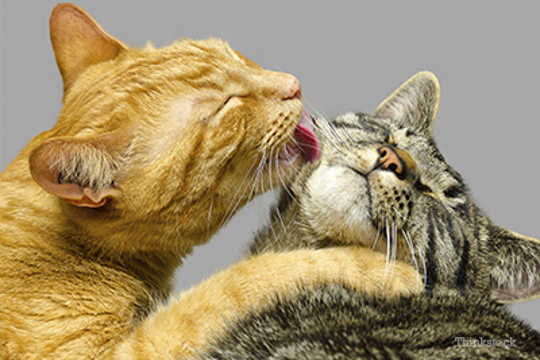 Why do cats purr? Humans tend to think that purring is a sign of happiness in a cat – and indeed it can be – but there are other reasons why our feline friends produce this particular vocalisation.
Why do cats purr? Humans tend to think that purring is a sign of happiness in a cat – and indeed it can be – but there are other reasons why our feline friends produce this particular vocalisation.
 A new study shows that long-time use of heartburn drugs called proton pump inhibitors is associated with an increased risk of death.
A new study shows that long-time use of heartburn drugs called proton pump inhibitors is associated with an increased risk of death.
 Our sense of smell is key to the enjoyment of food, so it may be no surprise that obese mice in a recent study who lost their sense of smell also lost weight.
Our sense of smell is key to the enjoyment of food, so it may be no surprise that obese mice in a recent study who lost their sense of smell also lost weight.
 Mounting evidence suggests that the richer and more diverse the community of microbes in your gut the lower your risk of disease.
Mounting evidence suggests that the richer and more diverse the community of microbes in your gut the lower your risk of disease.
 While you might think of Spam as a basic canned meat, it’s actually one of the greatest business success stories of all time
While you might think of Spam as a basic canned meat, it’s actually one of the greatest business success stories of all time
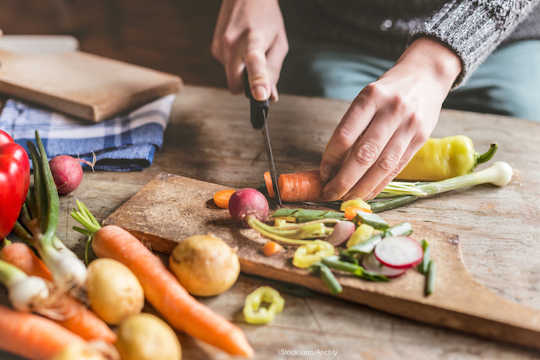 Encouraging anyone to honestly answer an embarrassing question is no easy task – not least when it might affect their job.
Encouraging anyone to honestly answer an embarrassing question is no easy task – not least when it might affect their job.
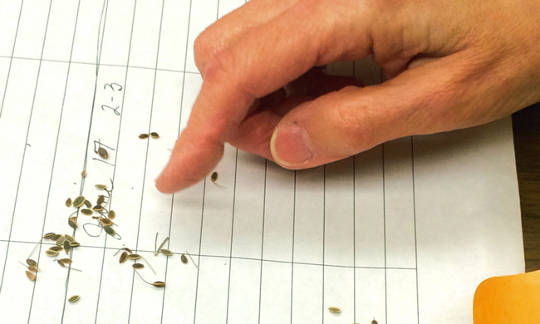 In Norway, a high-tech seed vault flooded from melting permafrost. In Montana, locals keep their seeds in the library.
In Norway, a high-tech seed vault flooded from melting permafrost. In Montana, locals keep their seeds in the library.
 In the introduction to his beautiful book The Body Keeps The Score, psychiatrist Bessel Van der Kolk writes: “One does not need to be a combat soldier, or visit a refugee camp in Syria or the Congo to encounter trauma. Trauma happens to us, our friends, our families and our neighbours.”
In the introduction to his beautiful book The Body Keeps The Score, psychiatrist Bessel Van der Kolk writes: “One does not need to be a combat soldier, or visit a refugee camp in Syria or the Congo to encounter trauma. Trauma happens to us, our friends, our families and our neighbours.”
 It recently has been suggested that using vegetable oils to fry food may be bad for your health due to the production of toxic chemicals called aldehydes during the heating process.
It recently has been suggested that using vegetable oils to fry food may be bad for your health due to the production of toxic chemicals called aldehydes during the heating process.
 We live in a dirty world. Wherever we go, we are among microbes. Bacteria, fungi and viruses live on our phones, bus seats, door handles and park benches.
We live in a dirty world. Wherever we go, we are among microbes. Bacteria, fungi and viruses live on our phones, bus seats, door handles and park benches.
 Yoga carries with it a higher than expected risk of a painful wrist, elbow and shoulder, possibly due to poses like downward dog, new research suggests.
Yoga carries with it a higher than expected risk of a painful wrist, elbow and shoulder, possibly due to poses like downward dog, new research suggests.
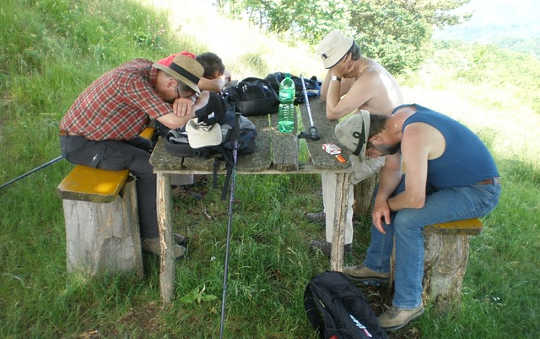 Your body has a maximum operating temperature, according to a physician who knows an overheated person when she sees one.
Your body has a maximum operating temperature, according to a physician who knows an overheated person when she sees one.
 Some industry messaging efforts are so heavy-handed they end up highlighting their own PR tactics more than the message they are trying to convey.
Some industry messaging efforts are so heavy-handed they end up highlighting their own PR tactics more than the message they are trying to convey.
 One in three people has a potentially nasty parasite hiding in the body—tucked away in tiny cysts that the immune system can’t eliminate and antibiotics can’t touch.
One in three people has a potentially nasty parasite hiding in the body—tucked away in tiny cysts that the immune system can’t eliminate and antibiotics can’t touch.
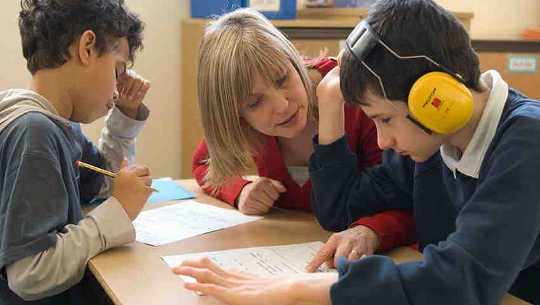 Do you ever hear a sound when there is nothing around to explain it? Or perhaps you have the feeling that someone is nearby when they’re not?
Do you ever hear a sound when there is nothing around to explain it? Or perhaps you have the feeling that someone is nearby when they’re not?
 The link between exercise and the brain may be a product of our evolutionary history and past as hunter-gatherers, researchers say.
The link between exercise and the brain may be a product of our evolutionary history and past as hunter-gatherers, researchers say.
 Maths is the language of science. It crops up everywhere from physics to engineering and chemistry
Maths is the language of science. It crops up everywhere from physics to engineering and chemistry
Page 121 of 155

